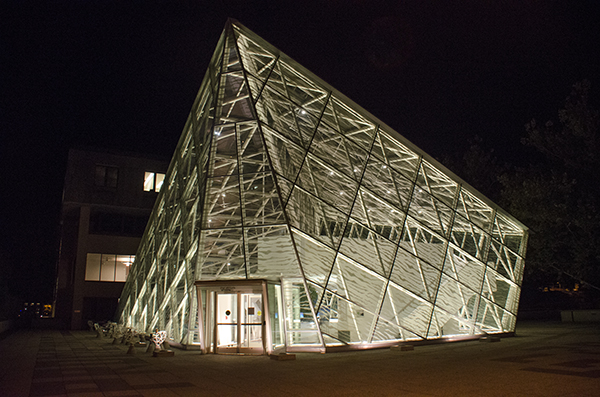

The Center for Research, Regional Education and Outreach (CRREO) at SUNY New Paltz has released its 10th discussion brief, “Energy Action Consortia: Moving Municipalities Toward Collective Sustainability,” a study on the collaborative effort of northern Westchester County municipalities to create an energy efficiency program targeted at homeowners.
According to the brief, in 2008 President Obama signed into law the $831 billion American Recovery and Reinvestment Act (ARRA) in response to the nation’s economic crisis. The law’s primary goal was to create jobs, in part through public investment in areas such as energy efficiency. As a result, 12 northern Westchester County municipalities joined in April, 2009 with the goal of reducing consumption and increasing renewable resources using stimulus money awarded from the federal Recovery Act.
According to the brief, since 2009 Northern Westechester Energery Action Consortium NWEAC has been recognized in Westchester County and beyond as an innovative leader in energy policy and practice, as well as on general sustainability issues.
CRREO recognized NWEAC’s sustainability policies and published a brief which served to help other communities and governments replicate NWEAC’s energy efficiency program.
“Public universities have a responsibility to serve the public,” Gerald Benjamin, CRREO director and associate vice president for regional engagement at SUNY New Paltz, said. “It’s [CRREO’s] mission to address issues of consequence in the region.”
Benjamin said by creating these briefs and distributing them through the region, organizations and groups become associated with the the college, building a network and educating the Hudson Valley on important issues such as sustainability.
According to KT Tobin, chair of the Campus Sustainability Committee, the Mid-Hudson region’s greenhouse gas emissions totaled an estimated 27 million metric tons of carbon dioxide in 2010, equivalent to emissions produced from burning more than 320,000 tanker trucks’ worth of gasoline.
“People need to understand that they have to use less in the way they live,” Benjamin said. “Sustainability means ‘not running out,’ and things are running out.”
